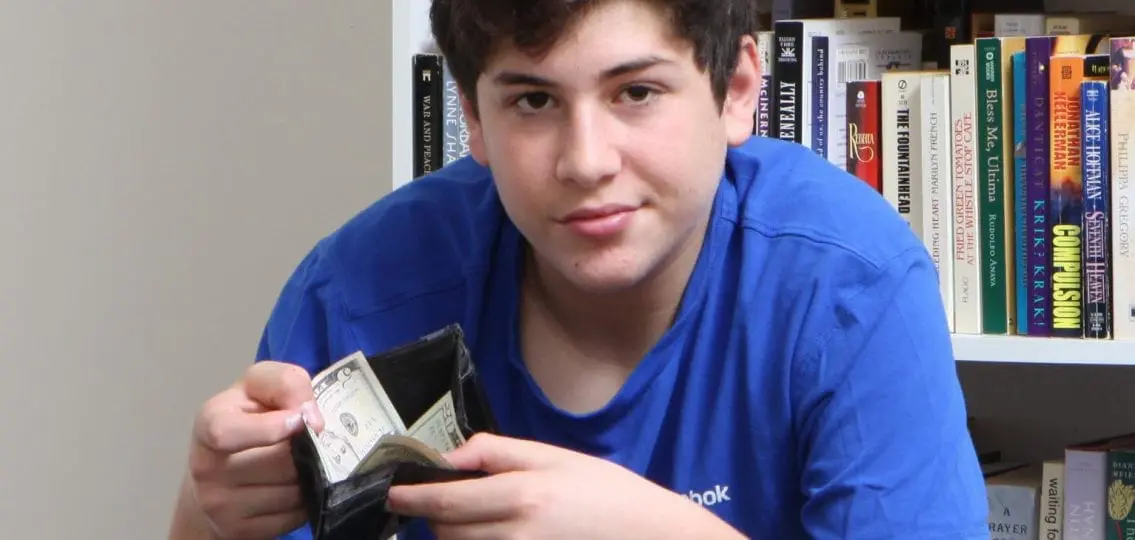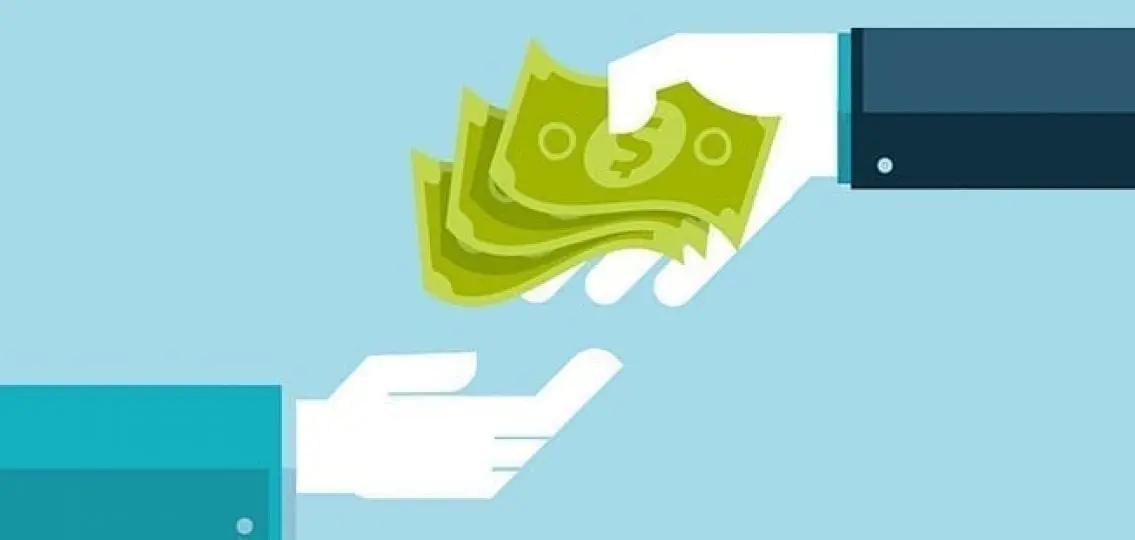How teens spend money can be a source of conflict. When your teenager starts earning money, does that mean they can spend it however they please? Chances are, your teen believes they deserve their entire paycheck, and it’s their prerogative to blow it on distressed jeans, fancy coffees, and movie tickets if they choose.
But sometimes parents have a different plan, particularly as they work to raise financially literate teens.

And guiding teens in financial matters is smart, says Kris Yamano, vice president and regional leader of wealth planning for BMO Private Bank in Scottsdale, Arizona. “Since teenagers are on the cusp of being on their own financially, it’s crucial to provide them with practical, hands-on experience in balancing earning, saving, and spending,” she says.
What Teens Learn from Managing the Money They Earn:
1. The value of a dollar
There’s no surer way to help your child understand the value of a dollar than by having them spend some of their own hard-earned money. When spending their own paycheck, teens can more concretely see the contrast between the hours it took to earn the money and the seconds it can take to spend it.
Investment professional Phillip Reames of Reames Financial in Kalamazoo, Michigan has seen this in action with his own kids. They’re more careful with money they’ve earned. “My kids were shopping at the upscale toy store,” recalls Reames, “but they ended up not buying anything because they recognized that everything they looked at could be bought cheaper at our local supercenter.” They were able to make that judgment because they knew the pain of wasting their hard-earned money, says Reames.
2. How far their money will go
Splitting costs is another way to help teens understand how far (or not) their money will go, and whether extras are worth the hours it takes to earn enough to cover those luxuries. When Matthew S. Eads, CFA, of Eads & Heald Investment Counsel, was helping his 16-year-old son Ethan build a computer, he and his wife agreed to cover the cost of basic components. When Ethan wanted to upgrade the parts, they decided that these extra costs were Ethan’s financial responsibility. “We helped him learn how to research products and save money on the purchase, but it was squarely on him,” says Eads.
3. Practice making decisions
The key is providing some help, Eads says, versus just turning them loose. “We should be giving teens quite a bit of guidance about what to do with money,” he notes.
Parents should take the opportunity to guide teens through decision-making situations while they’re still living at home, adds Eads. However, he cautions parents not to tell them how to handle everything. Instead, they help them explore the pros and cons of various choices so they learn how to think for themselves.
Yamano agrees that the teen years are a time to guide kids through spending decisions. Talking to teens about the host of expenses adults have to cover every month—housing, food, insurance. Then comparing those to discretionary items, like pricier clothing, entertainment, and vacations. This can provide a great foundation for teens to learn to assess and budget for “wants” vs. “needs.”
4. A sense of context
Without the context of real financial responsibilities, that first paycheck may seem like a lot of money to a teen. But understanding the costs involved in independent adulthood can help teenagers. It puts their current spending and saving choices into a more mature context.
Parents shouldn’t be afraid to have teens take on some real responsibility aside from paying for their own personal wants, she adds.
“Many of our clients, even those able to fully shoulder the burden of college expenses, express the desire not to hand their kids everything. Instead, they choose to partner with them,” Yamano says, noting the additional benefit that teens often pay more attention to their education if they have a financial stake in it.

And, as you’re teaching teens fiscal responsibility, let them make some mistakes along the way with that new income of theirs. “There are some lessons that only buyer’s remorse can teach,” points out Reames. “They learn to evaluate what something is worth, and then to balance price with quality. But it’s a lesson they usually don’t take to heart until it’s their own cash.”




